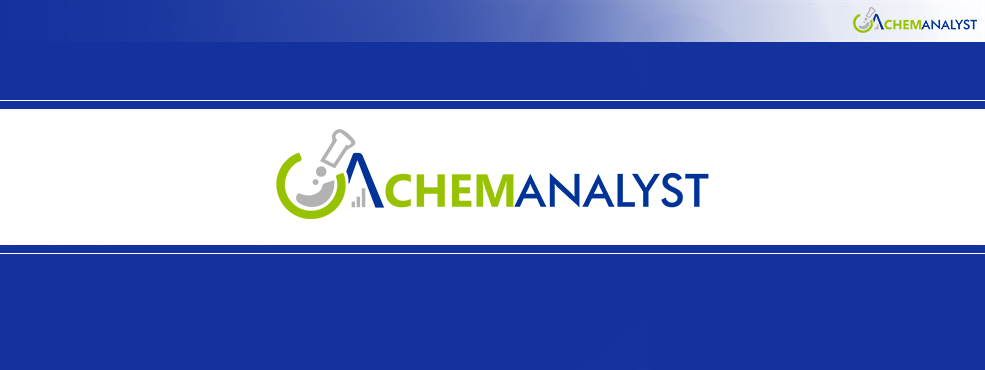Welcome To ChemAnalyst

HAMR Energy plans Australia's first methanol-to-jet fuel plant, aiming to decarbonize aviation, boost jobs, and attract major investment.
HAMR Energy, a prominent developer of low carbon liquid fuels (LCLF), has unveiled its intention to establish Australia’s first major methanol-to-sustainable aviation fuel (SAF) production facility. With an estimated investment of $700–800 million, the proposed facility is designed to significantly reduce the carbon footprint of the aviation industry while generating hundreds of new jobs across construction and long-term operations.
This milestone announcement comes after the successful completion of a comprehensive feasibility study, positioning the project as a critical step in HAMR Energy’s broader plan to harness new international regulations that permit the use of methanol as a feedstock in SAF production. Methanol, which can be derived from a variety of renewable sources, is emerging as a game-changer in aviation fuel development due to its scalability, versatility, and ability to serve as a drop-in fuel for existing aircraft infrastructure.
The proposed facility will utilize approximately 300,000 tonnes of low-carbon methanol—produced from forestry waste and green hydrogen at HAMR’s Portland Renewable Fuels project—to generate around 125 million litres of SAF annually. This output would be sufficient to decarbonize nearly 3.5 million economy-class flights between Sydney and Melbourne each year, helping to bridge the global SAF supply gap, which is projected to reach 10 million tonnes by 2030.
The feasibility study conducted by HAMR Energy identified refining technologies that offer a commercially viable path to converting methanol into SAF. The study also assessed critical project considerations such as access to renewable energy, proximity to key markets, and construction economics. Based on these findings, South Australia and Victoria have emerged as the most promising regions for establishing the new facility.
HAMR Energy's vertically integrated approach—encompassing the entire production chain from biomass to final fuel—enables it to maintain one of the industry's lowest production costs. This is particularly attractive to airlines and other SAF buyers that are urgently seeking affordable and scalable decarbonization solutions. The company has already secured supply agreements for limited renewable biomass feedstock, further enhancing project viability.
Co-founder David Stribley emphasized the national benefits of this initiative, stating, “With appropriate policy support, Australia is well-positioned to develop a globally competitive LCLF industry. This can lead to new regional employment opportunities, enhanced energy security, and better use of our renewable and biomass resources. Our methanol-to-jet fuel project highlights how we can deliver investment-ready, competitive infrastructure that aids decarbonization of hard-to-abate sectors like aviation.”
This announcement builds on recent momentum for HAMR Energy, as it nears completion of a $10 million Series A funding round. The round has attracted considerable interest from strategic partners and private investors, signaling growing confidence in the company’s vision and execution capabilities.
We use cookies to deliver the best possible experience on our website. To learn more, visit our Privacy Policy. By continuing to use this site or by closing this box, you consent to our use of cookies. More info.
